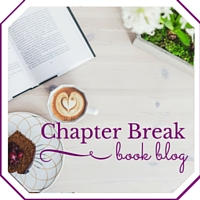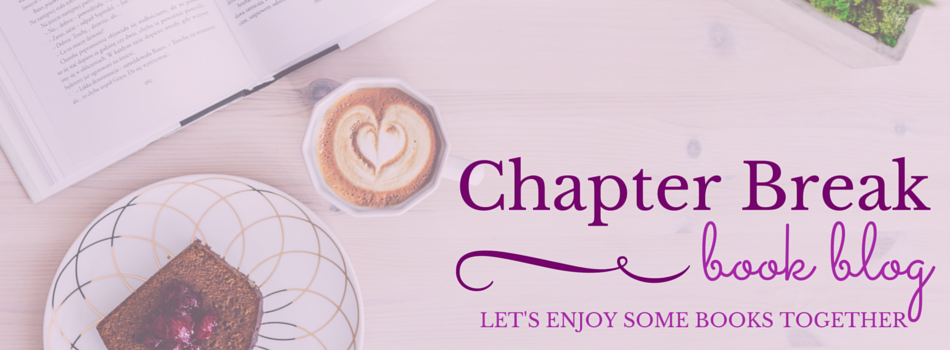- What do you do when a new idea jumps out at you while you’re still working on a book? Do you chase the squirrel (aka “UP syndrome”) or do you finish your current project first?
I always finish a project. If the new idea is unstoppable then I make notes and will continue doing so alongside current work.
The initial premise for Colour of The Day came while I was writing something else. My daughter asked if I was prepared to be shot in exchange for a million pounds (I glanced over my shoulder). I liked the idea and wrote her question down to let it brew for a while. It hadn’t formed into much by the time I was ready for a new project, and so I left it as a note. But during the next novel it came to me. I wrote the first 5000 words as fast as I could, unedited and skeletal, mainly as an extension of that first, brief, note. Meanwhile, I made sure to gather up as much relevant information as I happened to come across. I felt all the usual excitement of a new project, but before actively researching and writing anything more, I finished what I was doing.
I often do final edits for one novel while starting the next. If I know my characters then it’s easy to develop more than one project at once (the early stages, anyway). Fans of soap opera don’t restrict themselves to becoming involved with just one series for fear of confusing themselves.
- Who is your favorite character to write, and why is that person your favorite? If picking a favorite character would be like picking a favorite child, which character seems to be the most demanding or your attention and detail as a writer?
I write a social satire series titled Percy’s Progress. The opening story for this series is told in a trilogy, The Cult of Following. The central character throughout PP is an English misery named Percy Field. Readers really dislike Percy, which is what I’d hoped for. Writing him this way was a gamble, but it seems to have paid off and books 2 and 3 have equalled the success of book 1.
Percy has no time for other people or pleasantries, and so he offers me a chance to be brutal without any guilt. He’s not simple by any means, which keeps him interesting to write. I have just finished the fourth in the series and he is proving to be complex and exhausting. Though he often makes me cringe, I absolutely love him.
- Describe your writing process. Do you outline, plot and plan, or is your writing more organic?
Some authors map everything to the last tiny detail, others do not plan anything at all. I sit somewhere between. I know my plot (mostly) and my characters, and from there I let things evolve.
Unless it’s part of the plot for someone to be unreliable, personalities must be consistent. For me, a tightly written plan doesn’t allow for the natural evolution which aids this consistency. It can mean trying to fit a round peg in a square hole, and plot devices become tempting/begin to be obvious. I prefer to adapt my work in pursuit of an authentic voice. I don’t think this is better or worse than other methods, it’s just the way I do it.
- What are some books or authors that you would recommend to our readers?
I am a fan of the classics, Zola, Balzac, Austen, Hardy, Dickens, et al. Modern writers I enjoy include Ishiguro and Alexander McCall Smith; his series No1 Ladies’ Detective Agency is admirable, encompassing humour, style, interest and pace perfectly. The first book I ever fell in love with as an adult was The Testament of Gideon Mack, by James Robertson. I felt very at home reading it.
- Tell us what you enjoy most about writing in your genre.
It sounds pretentious, but writing is like painting with words. As a child, I read a lot and often wrote stories, but more often I drew pictures and painted. That was my thing. In a limited way, this continued into my twenties when I began to write more and draw less. Writing is nuanced, and I enjoy this element as much as the storytelling. I never discovered this as a more visual artist.
- Describe the book in 10 words or less for people who are just learning about it.
Colour of the Day – Place yourself in someone else’s very uncomfortable shoes.
- Is there anything you would like people to take away from your book?
From a position of privilege there is choice, and the moment privilege crumbles we become vulnerable. Our comfortable lives rest upon a precarious set of circumstances; any one of us – or all of us – might find ourselves amongst those desperate faces we see on the news each day.
- Share some advice for aspiring authors. What advice would you give to your younger self?
Do it.
If it’s the first book, start writing and don’t stop until you get to the end, because the first thing to prove to yourself is that finishing is possible. It is. For everyone.
Learn to love editing. It’s exciting. The delete button can be your friend.
Expose yourself to criticism. I chose to develop publicly, which does not suit everyone, but it certainly made me press hard for improvement. Acting on advice is not compulsory (the critic may be wrong) but it is vital to learn not to be defensive. Wearing too much armour can cripple creativity and stunt growth. A thick skin, on the other hand, is very useful!
A further note is that writing novels alters the experience of reading them, so be prepared for change.
- Have you ever experienced writer’s block? How did you deal with it?
I haven’t. I am an annoyingly positive person so if I feel challenged by the next step, or am just not in the zone, I don’t worry about it. I just head back over my work and begin/restart the editing process. It always gets things moving again.

Title: Colour of the Day
Author: Barbara Jaques
About the author…
“I’m the author of reading group fiction and short stories. I also write a social-satire series inspired by my time living as an expat in Singapore.
Living back in England now, I create the sorts of novels I like to read: something to get me thinking with the occasional slice of dark humour and sprinkling of tears.
Influenced by life’s what-ifs? I hope that sometimes I might succeed in inspiring the same question in others.
Writing Colour of the Day was a case of turning a once comfortable life on its head; recreating the desperation faced by so many across the globe but in a familiar space.
And the question remained what if? What if it was me? What if it was you?” Author Barbara Jaques.
Note: Some posts may contain affiliate links. Should you choose to purchase a product, we will receive a small commission for the sale at no additional cost to you. Chapter Break is a participant in the Amazon Services LLC Associates Program, an affiliate advertising program designed to provide a means for sites to earn advertising fees by advertising and linking to Amazon.com.


